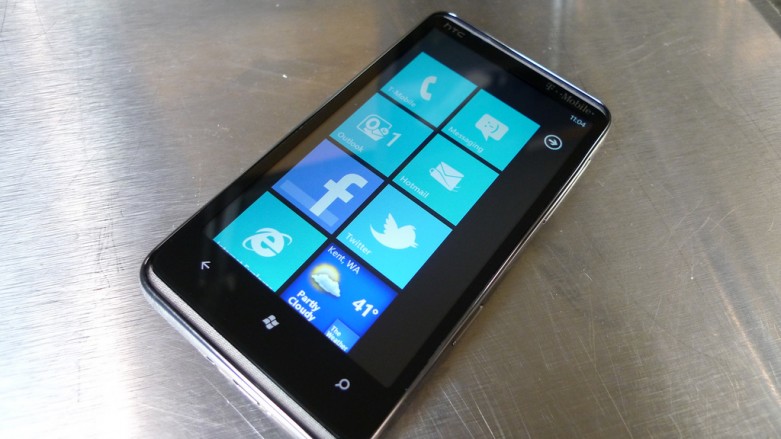
NHMC Calls for Significant Modernization of Lifeline in FCC Filings
On Aug. 31, the National Hispanic Media Coalition (NHMC) filed comments urging the Federal Communications Commission to expeditiously modernize Lifeline to help make broadband more affordable for low-income consumers. NHMC has been an ardent and tireless supporter of Lifeline, participating in numerous FCC proceedings on the issue and testifying before Congress multiple times.
Lifeline currently offers a modest subsidy of $9.25 to low-income families struggling to afford basic landline or wireless phone service.
The ongoing modernization process, which NHMC hopes is concluded by early next year, represents an opportunity for all interested parties to tell the FCC what they expect or need from Lifeline, the only federal program that currently addresses the affordability of communications service.
In its comments, NHMC:
- detailed the struggles our communities face when they are unable to obtain access to broadband
- described how Lifeline is perfectly situated to reach those most in need
- proposed that the FCC adopt minimum standards for certain service plans offered under Lifeline that are capable of evolving with the market and technology
- rejected calls to place a cap or strict budget on the program that is currently utilized by only about a quarter to a third of eligible households
NHMC also applauded the FCC for quickly embracing its legal authority under Title II of the Communications Act of 1934, which it recently asserted in its Net Neutrality proceeding, to propose full support for broadband Internet access services through Lifeline.
“The FCC has given us a tremendous opportunity to weigh in and shape how Lifeline, which is already critically important to millions of families, can achieve its full potential by helping people connect to the Internet through broadband,” said Michael Scurato, NHMC’s Vice President of Policy. “While certainly not a silver bullet, if modernized correctly, Lifeline could represent a significant effort to finally make a dent in the damaging digital divide. Now is the time for people to make their voices heard and support the FCC in its efforts.”
Currently, 30 percent of Americans lack home broadband. Those without home broadband are disproportionately poor, Latino, African American, Native American, rural and/or seniors. Only 53 percent of American Latinos, and a mere 38 percent of Spanish-dominant Latinos, have home broadband. Cost is the main barrier to adoption for people under 65. At the same time, broadband is critical to many facets of modern American life, including education, employment, health care, civic participation and more.
Lifeline has evolved since its inception under President Ronald Reagan in 1985. It was updated to include access to wireless phone services under George W. Bush’s Administration in 2005, and in 2012, it was reformed to enhance program integrity.
Dozens of national and regional civil rights organizations, policymakers, media rights advocates and other community groups have recently gone on the record in support of modernizing Lifeline. Many of these groups also filed comments yesterday after initially proposing principles to Chairman Tom Wheeler that should guide the FCC’s modernization process.
NHMC also joined comments filed by the Leadership Conference on Civil and Human Rights, alongside the ACLU, the NAACP, Communications Workers of America and others, urging the FCC to ensure that customers receive high-quality voice and broadband service and implement other pro-consumer reforms.